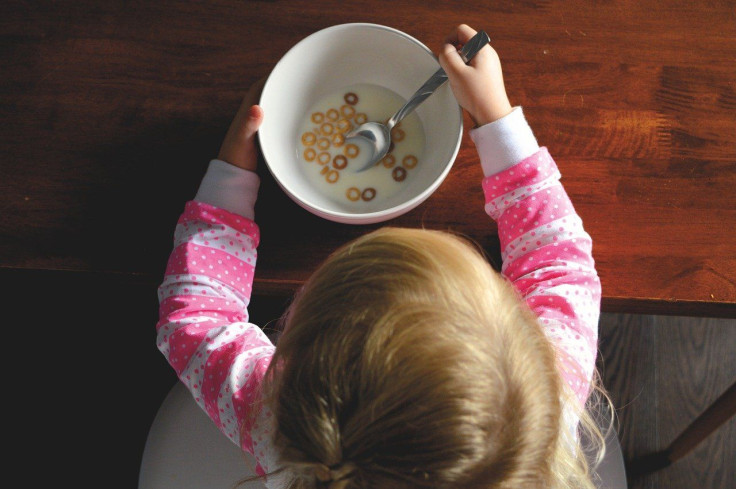Eating Problems In Young Children May Indicate Developmental Delay Risk: Study
KEY POINTS
- Researchers looked at children's feeding issues and development at 18, 24 and 30 months
- Those who had eating problems were more likely to miss a milestone
- If a child has a developmental delay, it is important to get help as soon as possible, says the CDC
What can young children's feeding problems tell about their development? Those who have a history of eating problems in their early years may have a higher chance of a developmental delay, a new study has found.
For a new study, published in The Journal of Pediatrics, researchers looked at the data of 3,597 children in Upstate KIDS, the National Institutes of Health (NIH) noted in a news release. Upstate KIDS is a study that involves children born between 2008 and 2010 in New York State. The goal, according to the researchers, was to see if feeding problems can be an "indicator of developmental delay."
For the effort, the children's mothers answered questionnaires about their children's eating patterns and developmental delays at 18, 24 and 30 months. Feeding problems include crying during meals, pushing the food away and gagging, the NIH noted. The researchers computed average scores for feeding problems at each age.
They found that those who had high scores on eating problems were "more than twice as likely" to miss a developmental milestone, failing all domains in the Ages and Stages Questionnaire (ASQ), as compared to children who did not experience feeding problems.
Furthermore, children who had high feeding problems at all of the three ages tested were even "four or more times as likely" to miss a milestone.
News: Extreme eating problems in early childhood linked to higher chance of developmental delay, NIH study suggests https://t.co/OImUthaO33
— NIH (@NIH) November 10, 2021
That's not saying that the eating problems themselves cause the developmental delay, the NIH noted. Instead, it's possible that there is an undiagnosed, underlying issue associated with developmental delays. The results then suggest that feeding problems may indeed indicate developmental delays.
"Frequent feeding problems, especially those that persist into the third year, could be used to identify children at risk for developmental delay for more targeted screening," the researchers wrote.
According to the Centers for Disease Control and Prevention (CDC), "any problems" that are observed during the developmental monitoring should be followed by a developmental screening. This is a test that determines if there are delays in a child's learning of basic skills or if they're learning them when they should.
"If a child has a developmental delay, it is important to get help as soon as possible," the CDC noted. "Early identification and intervention can have a significant impact on a child's ability to learn new skills, as well as reduce the need for costly interventions over time."

© Copyright IBTimes 2025. All rights reserved.






















